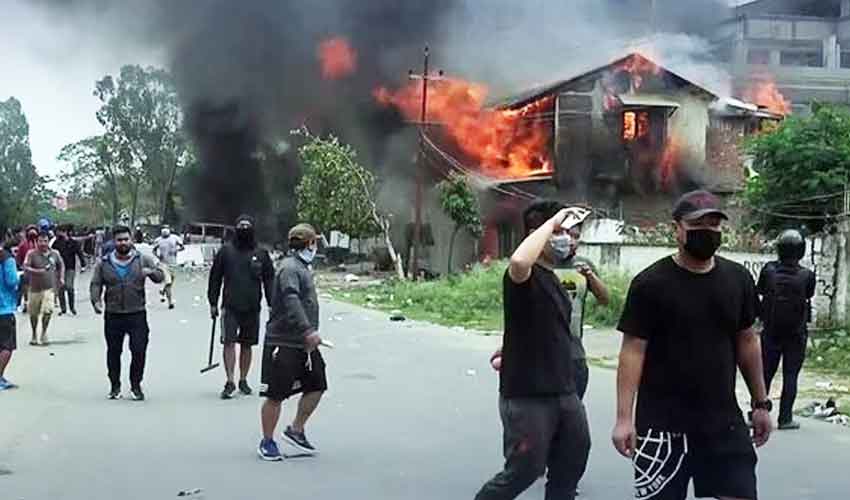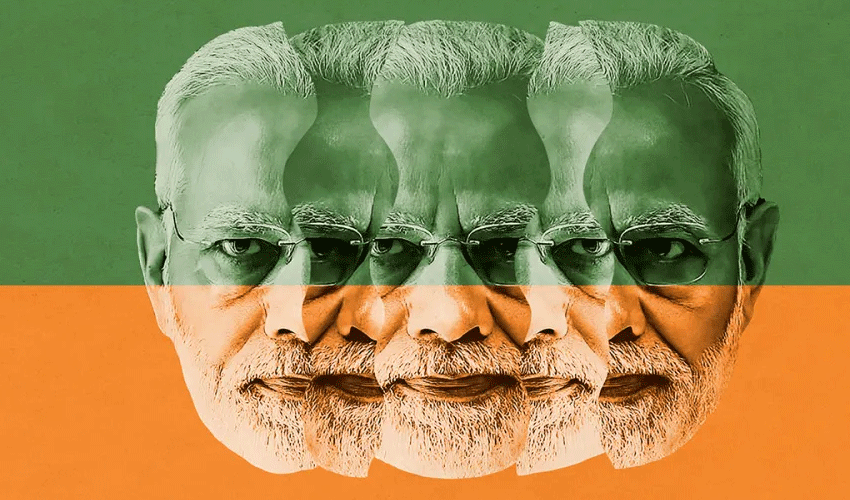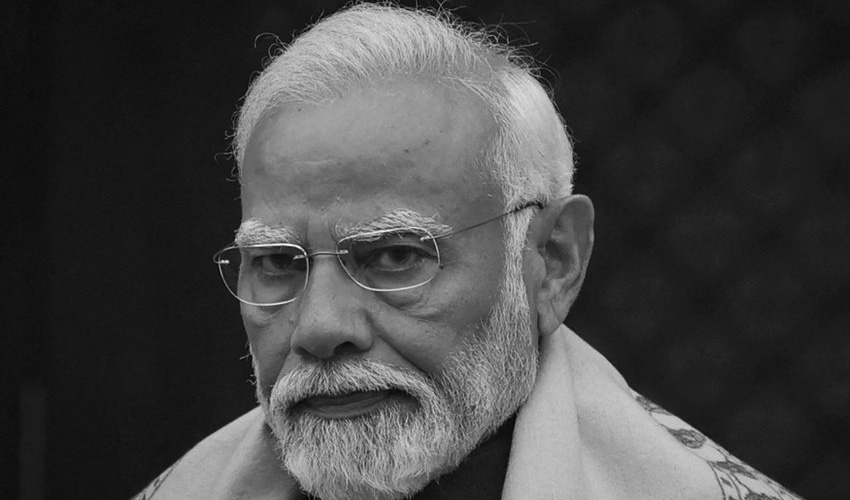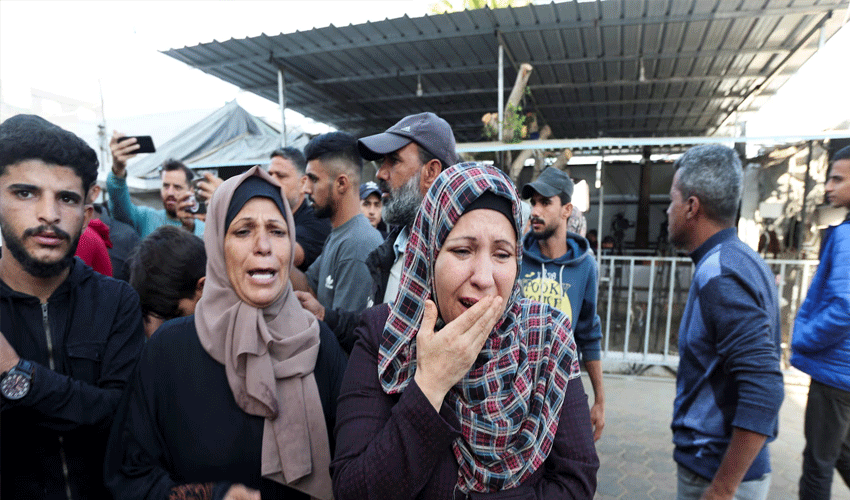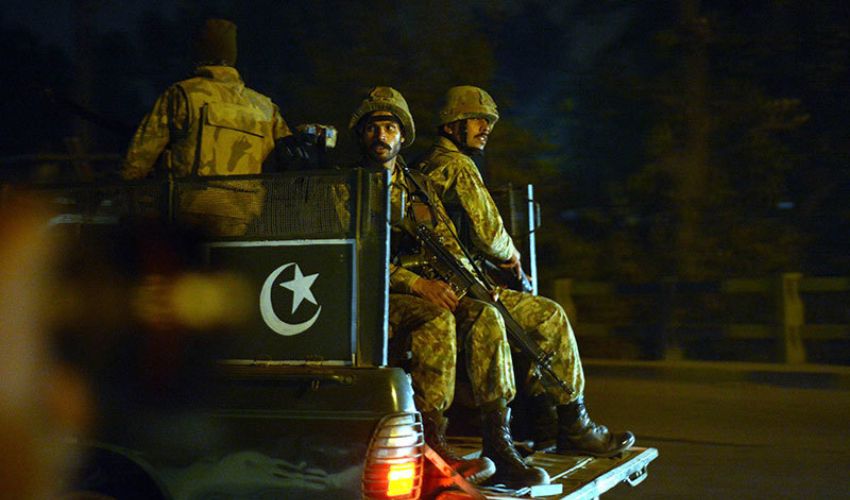India's restive northeastern state of Manipur witnessed tragedy once again, as gunmen in camouflage fatigues unleashed a deadly attack on villagers in the Lilong area of Thoubal district, killing three people and gravely injuring five more.
This latest incident pushes the death toll in Manipur's ethnic clashes past 180, a grim testament to the ongoing violence that has gripped the state since May. The tension ignited following a court order suggesting that economic benefits and quotas granted to the minority Kuki community be extended to the majority Meitei community.
"Three people died of bullet wounds while five others are in hospital with multiple injuries," a senior police official told Reuters by phone.
Details remain sparse regarding the identities of the victims and the perpetrators. Authorities have re-imposed an indefinite curfew in five districts, aiming to quell the flames of unrest.
Manipur, nestled along the border with Myanmar, is among the smallest states in India with a population of 3.2 million people and brimming with diverse communities despite its size. Of its residents, 16% are Kukis, while 53% are Meiteis.
While Kukis, occupying the hilly regions, have historically enjoyed certain privileges, Meiteis, representing the majority in the fertile lowlands, have long sought similar advantages. This delicate balance of cultural identities and resource allocation has now tragically devolved into bloodshed.
The attack underscores the urgency of finding a peaceful resolution to the conflict. With over 180 lives already lost and countless families shattered, the need for dialogue and understanding stands paramount. Both communities must come together, with the support of the Indian government, to forge a path toward lasting peace and shared prosperity in this troubled region.






